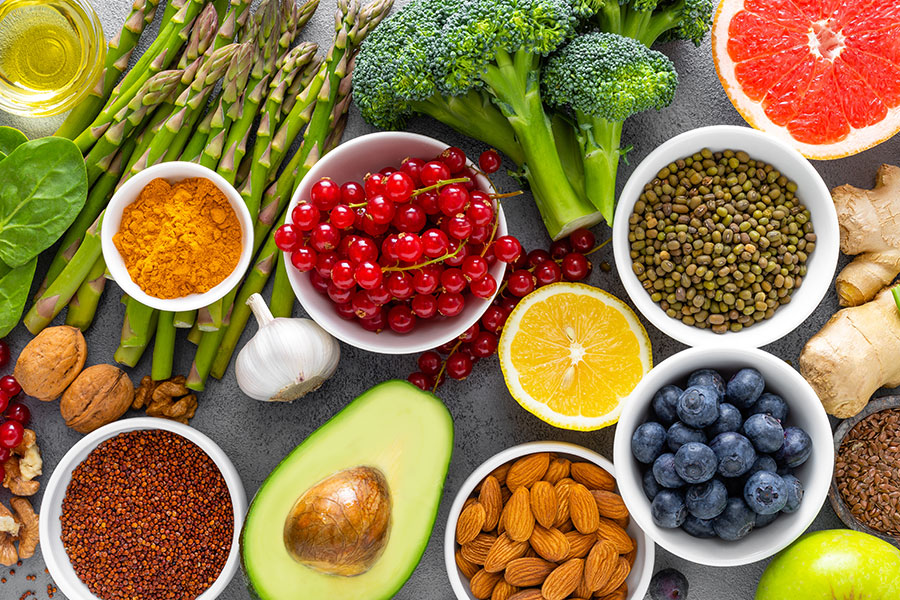Is your Gut Healthy?
Is your Gut Healthy?
Do you struggle with low energy levels, weight gain, indigestion, unhealthy skin, constipation, mood swings or poor immune function? Maintaining healthy bacteria in your gut is always the first line of defence for good health.
Emotional component
- Gut bacteria manufacture 95% of your body’s supply of the feel-good hormone serotonin, which affects mood and sleep. Brain chemistry can also be altered by manipulating the balance of beneficial and harmful bacteria found in the gut.1
- Bacteria in the gut may play a role in mood disorders such as anxiety and depression. This explains why you get “butterflies” in your stomach when you’re nervous or why you feel queasy under extreme stress.2
- Stress can directly influence the balance of bacteria in your gut, thereby impacting your immune system and mood. If you want the gut and brain working together for more positive emotions, it’s vital that you keep your stress levels in check.3
The anti-aging secret
- The beneficial bacteria (micro biome) in the gut provide a natural physical barrier along the gut wall and are needed to increase the thickness of the mucus layer. The thicker the mucus layer, the younger we look!
What to eat
- Polyphenols:
- Dark blue or purple fruits like pomegranate, mulberries, Aronia berries and also found in extra virgin olive oil, celery seed extract, capers, hazelnuts, ginger, dark chocolate, endive, kale, fennel seed
- They are incredible natural energy boosters
- They improve blood vessel function
- They help balance healthy cholesterol levels
- They strengthen your digestive system “feeding” the microorganisms in your gut that keep you healthy. In this way, they reduce digestive issues (like gas or bloating), boosting your immune system, and helping your body process more energy from food.
- Prebiotic fibre:
- Foods that are rich in this fibre include tubers, rutabagas, parsnips, chicory reduce your cravings for fattening and unhealthy foods.
- Other suggestions:
- A few drops Balsamic vinegar with your meals
- A lot of good quality olive oil
- C 4 x per day
- 2 cups mushrooms to lower your Alzheimer risk with 90%.
- Exercising! This includes house work, gardening, meditation and yoga.
What NOT to eat
- Avoid lectins in your diet: This includes bread, pasta, grains, potatoes, rice, corn, tomatoes
- Lectins disrupt your digestion, reduce energy absorption, weaken your immune system, and throw off your gut bacteria
- Lectins damage the mucus layer in the gut wall, causing “Leaky Gut,” and resulting in massive inflammation in the body.
- Cut from your diet: added sugar, artificial sweeteners, refined carbs, fried and processed foods
- Try to avoid the use of antibiotics
- Also avoid GMO foods – some contains Roundup. 4
Source:
- https://www.apa.org/monitor/2012/09/gut-feeling
- https://www.nature.com/articles/mp201650
- https://www.health.harvard.edu/diseases-and-conditions/the-gut-brain-connection
- https://drgundry.com/
For guidance on changing bad habits, healing childhood woundedness or any other needs, contact us with your specific request on info@agape4life.com

